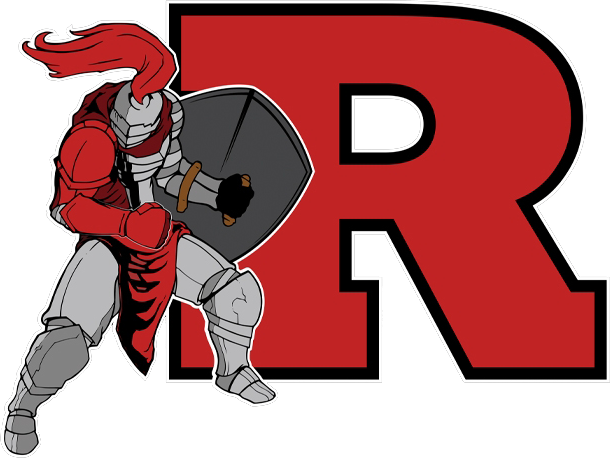Skip to content
Show submenu for Our District
Our District
Show submenu for Academics
Departments
Show submenu for Families
Families
Show submenu for School Board
School Board
Show submenu for Staff
Staff
Annual United Way Campaign
Show submenu for
